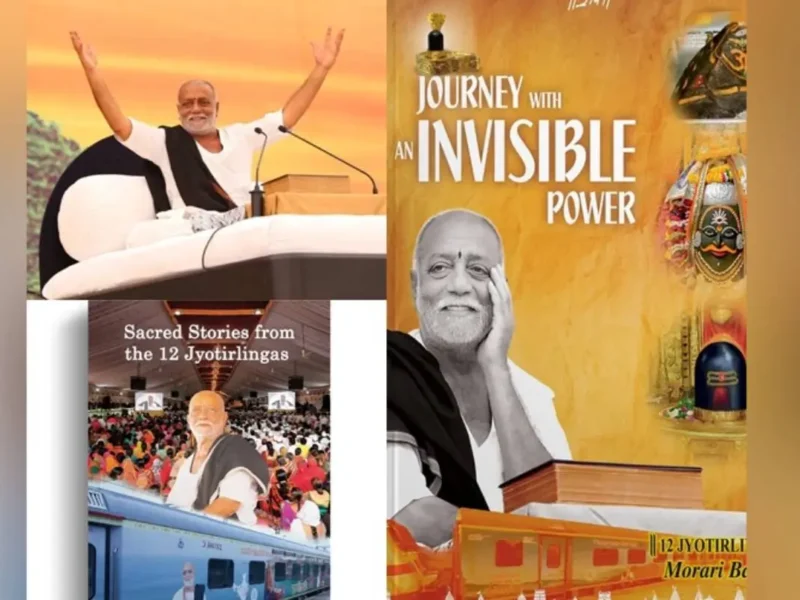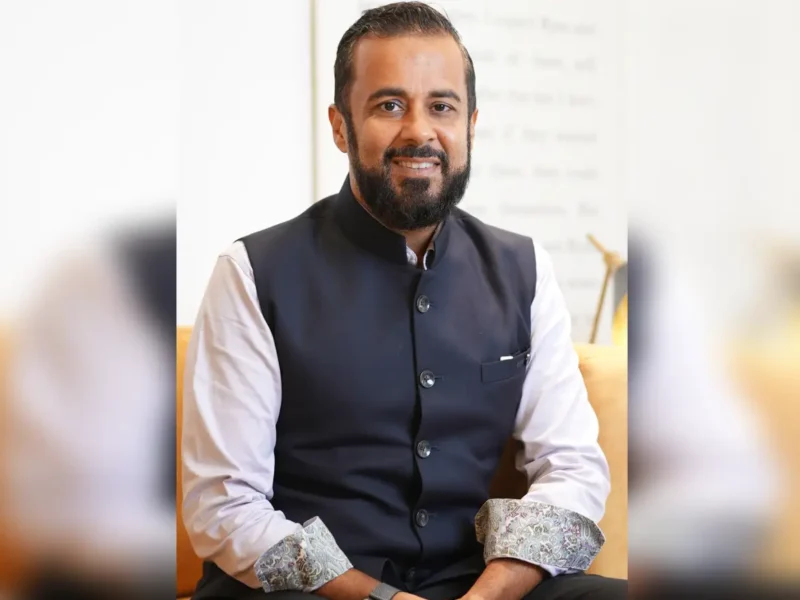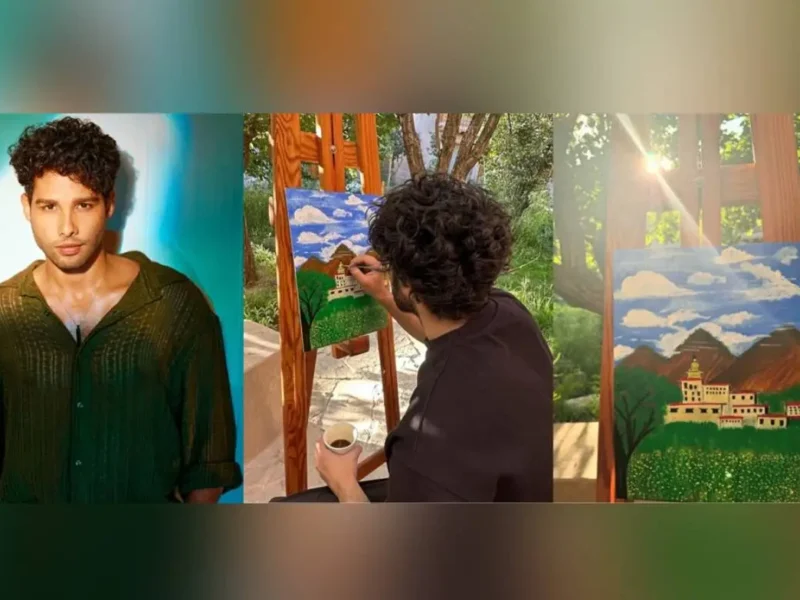
Nitopadesha: A Classic Indian Guide to Citizen-Craft
NEW DELHI, (IANS) – ‘The Nitopadesha’, a unique blend of fables and stories that covers politics, economics, and philosophy published by Penguin Random House India, has been translated by Nitin Pai, co-founder and director of the Takshashila Institution, an independent think tank and school of public policy.
‘The Nitopadesha’ is based on the distant land of Gandhara, where there was a janapada called Chakrapuri. It narrates how its elders were a worried lot and children were uninterested in the welfare and upkeep of the janapada. Most of them were consumed by self-interest and avarice, seeking personal gains, even at the cost of their fellow citizens.
Realizing that the young must learn the arts and crafts of citizenship, the Sabha of Chakrapuri decided to employ Nitina of Takshashila, whose wisdom was said to be unparalleled, to teach their children.
‘The Nitopadesha’ captures the storyline of the unconventional scholar being entrusted with the charge of these boys and girls for the next ninety days.
A labyrinth of stories in the style of the Panchatantra and the Jataka tales, this is a book about good citizenship and citizen-craft that will speak to the modern reader. Covering aspects such as what citizenship means, the ethical dilemmas one faces as a citizen and how one can deal with social issues, Nitin Pai’s absorbing translation is an essential read for conscientious citizens of all ages. It serves as a guide for democracies, economic freedom, and the power of self-governance.
Speaking about the book, Nitin Pai, said, “As citizens, we are called upon to decide on important matters concerning how our society is organized and governed, but there are very few guidebooks that tell us the right way to approach our duties. I hope that ‘The Nitopadesha’ inspires us to be good citizens, compassionate, caring and far-sighted.”
Pai has been blogging on international relations and national security issues at the Acorn since 2003. He was a gold medalist at the National University of Singapore’s Lee Kuan Yew School of Public Policy, from where he has a master’s degree in public administration.
As an undergraduate scholar, he studied electrical engineering at Nanyang Technological University, after which he spent more than a decade in the telecommunications and technology industry, including a long stint as a policymaker in the Singapore government.




